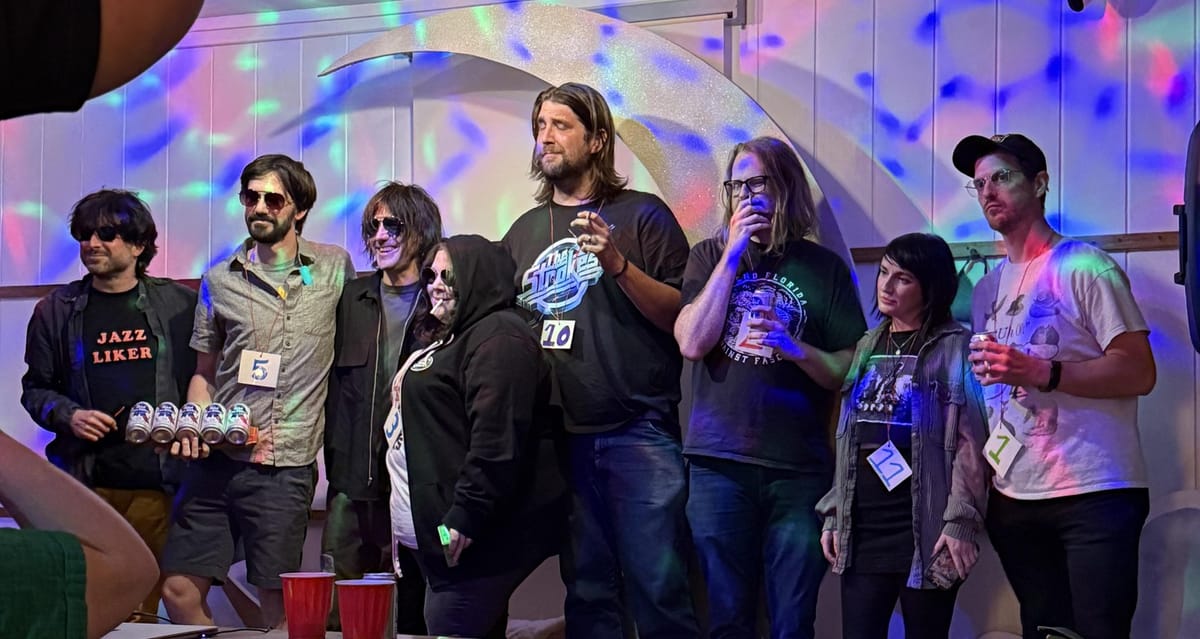Conor Oberst: A Playful Critique of Celebrity Culture
Conor Oberst defies the norms of celebrity culture with a playful engagement at his own lookalike contest, advocating authenticity over commercial appeal.

In an industry where unpredictability often gives way to polished performances and carefully curated public personas, Conor Oberst stands as a refreshing anomaly. His recent appearance at a lookalike contest in Omaha, Nebraska—ostensibly dedicated to himself—was less a grandstanding gesture and more a poignant reminder of what the music world risks losing to the allure of commercial appeal.
A Playful Snub to Celebrity Conventions
The evening kicked off in a manner befitting Oberst's irreverent reputation. The first 40 attendees were greeted with a single American Spirit cigarette—a nod to the bygone days when concert camaraderie meant something beyond merchandise sales. As participants lined up for their chance to embody Oberst’s charismatic chaos through karaoke, it became clear that none could truly capture the essence of his idiosyncratic presence.

Making Authentic Waves
Oberst's unexpected appearance transformed the night from imitation to celebration, gifting the contest winner with a bag of his own clothes. It was a gesture veined with humor yet rooted in genuine rebellion against the homogenization of modern celebrity culture. In offering a piece of himself, Oberst subverted the typical vanity of stardom, making it clear that authenticity means more than just image.

This act of giving wasn’t merely whimsical; it was intentional—raising funds for Omaha Girls Rock, a local music education initiative. It showcased Oberst’s commitment to nurturing creativity and authenticity in a new generation, subtly critiquing a music industry that often overlooks genuine talent in favor of marketability.
A Quiet Revolution in the Making
There’s an almost strategic carelessness to Oberst’s antics, as though reminding us that real artistry isn’t rehearsed or manufactured—it’s lived. In a world increasingly seduced by the allure of glossy commercial success, Oberst’s unscripted moments serve as a counter-narrative, inviting us to appreciate the raw, unsanitized beauty of music.

While mainstream idols continue to dance to the tune of corporate interests, Oberst’s actions speak to a deeper truth: that the future of meaningful music lies not in perfection, but in the beautiful imperfections of real life. For those weary of the status quo, Oberst’s playful subversion is not only refreshing but necessary—a rare moment of clarity where authenticity briefly reigns supreme.




